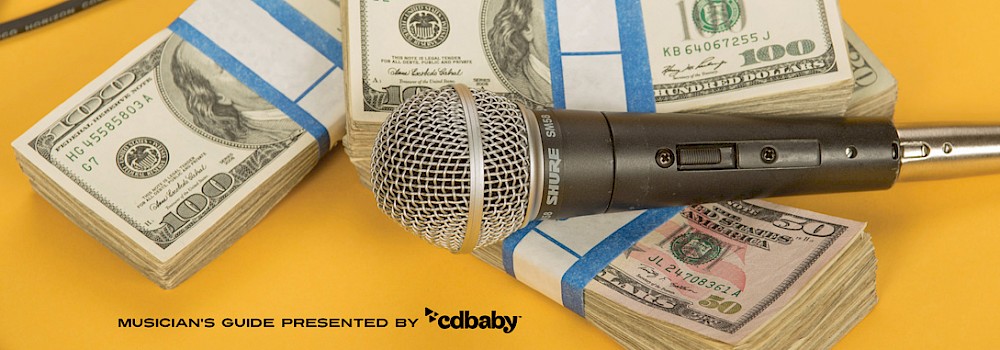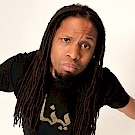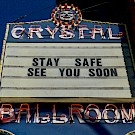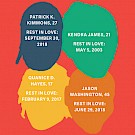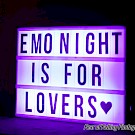In 2002, we heard Zeppelin in a Cadillac ad, one that debuted during the Super Bowl no less. It was the first time the rock legends had ever licensed a song for advertising and fans called them out. My oh my, how the perceptions have changed.
The rise of digital music has led to the decline of album sales—once the bread and butter of musicians—all of which has coincided with a big shift in artists’ mentalities. “This notion of selling out just disappeared as something that bands were concerned about,” says Portia Sabin, president of the record label Kill Rock Stars and host of the music industry podcast The Future of What. “All of a sudden everyone was like, ‘Please let me sell out! Can I get a TV commercial?’”
Back in 1999, Moby was a trailblazer, leveraging licensing deals for his breakthrough record Play. Appearing in films, TV shows and commercials, his paycheck came in the form of not just ad dollars but also critical acclaim and newfound fans—myself included. In 2016, Rolling Stone reported that Play has “sold more than 12 million copies worldwide,” making it “the highest-selling electronica album of all time.”
The Black Keys have capitalized upon licensing opportunities, saying it was the easiest way to pay their rent, throughout their career—and now they’re headlining the Moda Center in November. Drummer Patrick Carney told CBC Radio in 2011, “If you’re going to have to be exposed to music randomly, I’d rather it be our music.” It’s also how I discovered their music, via an internet message board in those pre-Shazam days, after seeing a TV ad. But they’ve also turned down brands who weren’t right for them.
While these guys might be megastars today, they all started in the same place as you—and in a time when selling out was scorned.
Genres Matter
While artists often hate to pigeonhole themselves, genres are a particularly useful tool. If I’ve never heard of you, a couple words can give me a world of context. Remember to put yourself in the shoes of the music supervisor who might want to license your music and your agency representative who’s looking to sell your music. They need simple, easily understood and recognized ways to talk about your sound.
Comparisons Matter
But only if they’re accurate. “Everyone puts that they sound like The Beatles but not everyone sounds like The Beatles,” says CD Baby’s Brett Byrd, a licensing and publishing rep who works with a library of over 2.5 million songs daily. Don’t just list artists who influence you; tell us who you actually sound like!
Authenticity Matters
Yes, music supervisors often approach licensing agencies asking for music that sounds like James Brown. And it’s great to be inspired by the Godfather of Soul, but don’t make it your sole goal to mimic him just because you know that sound is in demand. “Be true to yourself, write music that you love and there’s probably going to be an opportunity in it somewhere,” Byrd says.
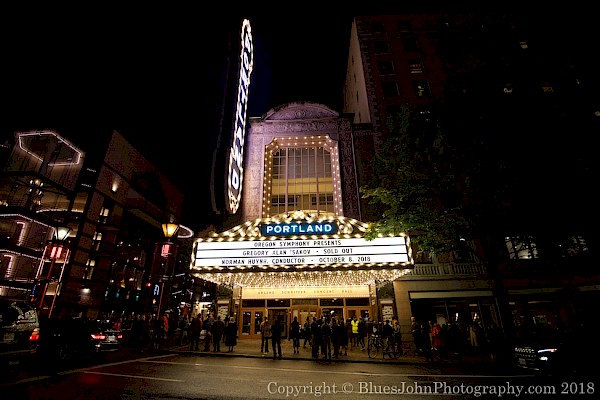 CD Baby artist Gregory Alan Isakov has forged an independent career, including playing the Schnitz in October with the Oregon Symphony—click to see more photos by John AlcalaCD Baby distributes for indie artists like Ingrid Michaelson and Gregory Alan Isakov who “have really made a career from sync because they were true to themselves and wrote music that they really love and put their heart into,” Byrd describes. “And now because of some of the sync opportunities that they got, they’re very successful artists, touring the world and making money from their music.”
CD Baby artist Gregory Alan Isakov has forged an independent career, including playing the Schnitz in October with the Oregon Symphony—click to see more photos by John AlcalaCD Baby distributes for indie artists like Ingrid Michaelson and Gregory Alan Isakov who “have really made a career from sync because they were true to themselves and wrote music that they really love and put their heart into,” Byrd describes. “And now because of some of the sync opportunities that they got, they’re very successful artists, touring the world and making money from their music.”
Mood Matters
At the end of the day, film, TV and advertisements are all trying to emotionally connect with an audience. “It’s more common to see a mood that they’re going for or an emotion because they’re trying to tell a story that’s inspiring so they want music that’s going to complement that emotion,” tells Marissa Hernandez, a music licensing creative at Marmoset.
Alignment Matters
Both for you and the brand. Scott Wagner is a connector, finding sponsorships for concert series and festivals (like Edgefield, Harefest, Soul’d Out Music Festival and many others in the region) via his agency WagsWorks. Booze and cannabis have “natural alignments” with concertgoers and the experiences they’re looking to indulge in, but other brands and products are seeking “lifestyle alignment,” which “really boils down to genre,” he says. Brands must feel like your music is the right fit for the audience they want to reach, which means your sound must appeal to those consumers—and hopefully draw more in.
Responsiveness Matters
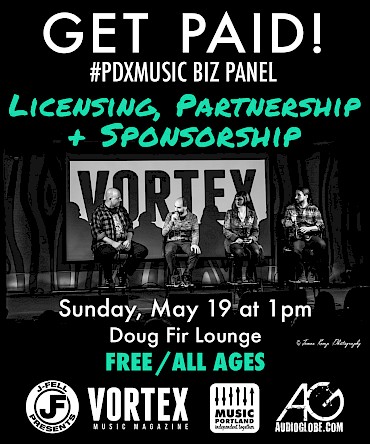 Don't miss our free, all-ages panel on this topic—click for deets!This goes for everything—from booking to press to other money-making opps. If you don’t respond quickly and you’re not ready to deliver the goods (whether that’s your tech rider, photos or instrumentals), those asking will swiftly move on. “Jump on it because it will be gone,” Sabin says. Having lyrics transcribed, instrumental versions (“because there’s not usually a lot of opportunities to sync a vocal version for ads”) or even “stems, the session files, is always super helpful,” Hernandez says, because “there’s a lot of times where something is really close to what they’re looking for but they want to be able to tweak it.”
Don't miss our free, all-ages panel on this topic—click for deets!This goes for everything—from booking to press to other money-making opps. If you don’t respond quickly and you’re not ready to deliver the goods (whether that’s your tech rider, photos or instrumentals), those asking will swiftly move on. “Jump on it because it will be gone,” Sabin says. Having lyrics transcribed, instrumental versions (“because there’s not usually a lot of opportunities to sync a vocal version for ads”) or even “stems, the session files, is always super helpful,” Hernandez says, because “there’s a lot of times where something is really close to what they’re looking for but they want to be able to tweak it.”
Patience Matters
Info and assets are needed now! And then “it’s very much a hurry-up-and-wait situation,” Hernandez says. “I might get something that I have to clear day of or I might clear something a year and a half later,” which he thought was dead, Byrd says.
“Nothing’s final until it’s aired,” Hernandez notes, as even the perfect fit could get pulled at the last minute. “Or until the check’s cleared,” Sabin adds. “Payment can range all over the place,” Byrd explains. “If it’s TV, it’s probably going to be anywhere between 60 and 120 days after the episode airs. Film typically pays quicker, same with advertising.” He adds, “There’s definitely a lot of opportunity to get your music out there and have a sync license propel your career to the next step,” yet Sabin emphasizes: “In this industry, to make it, you need to sound like yourself.”

